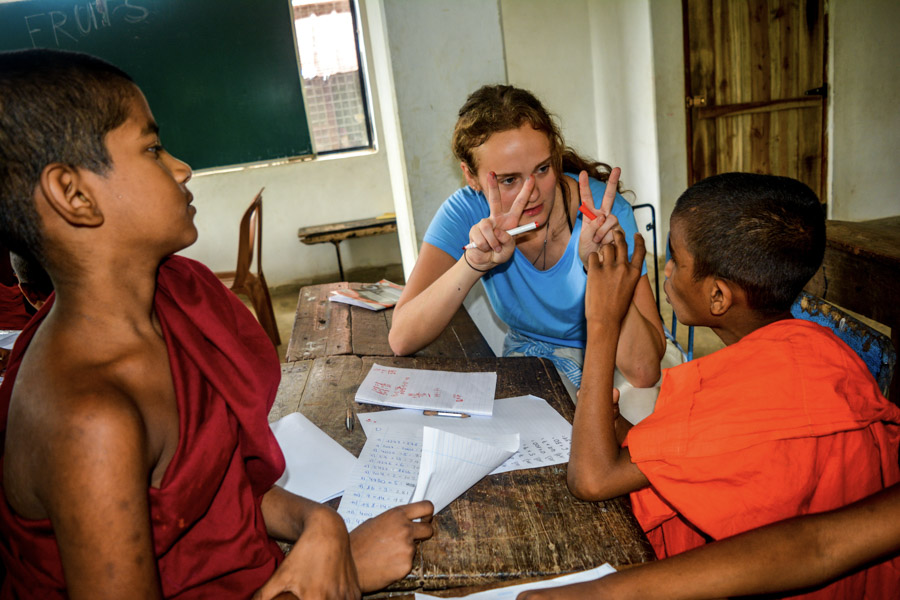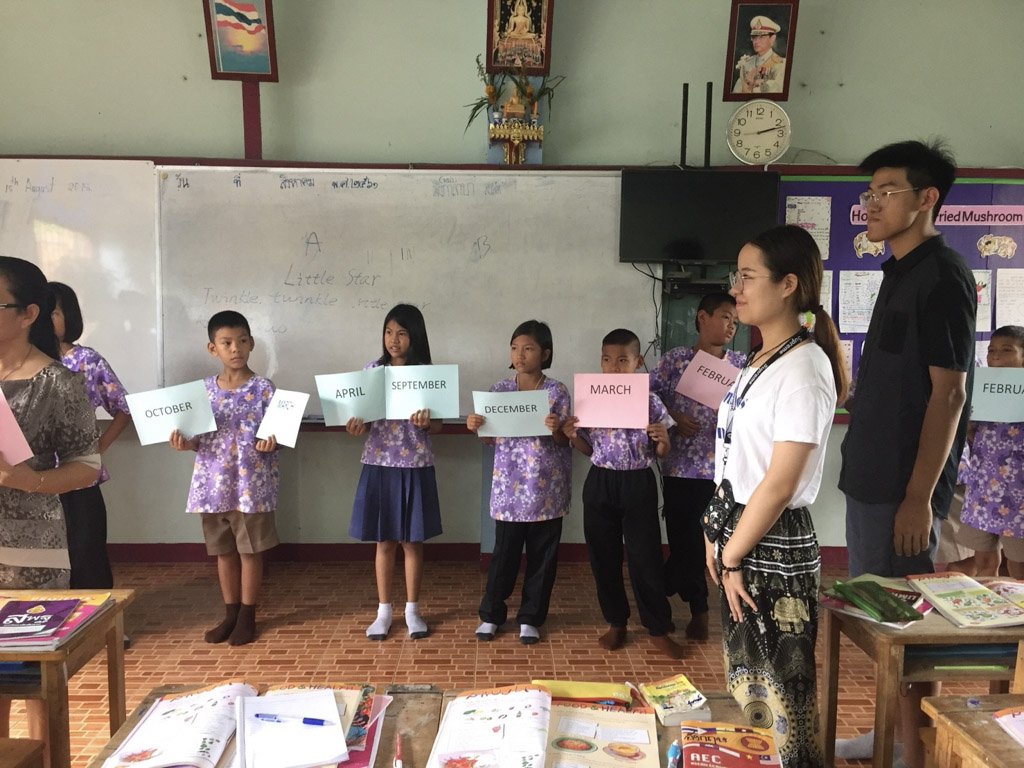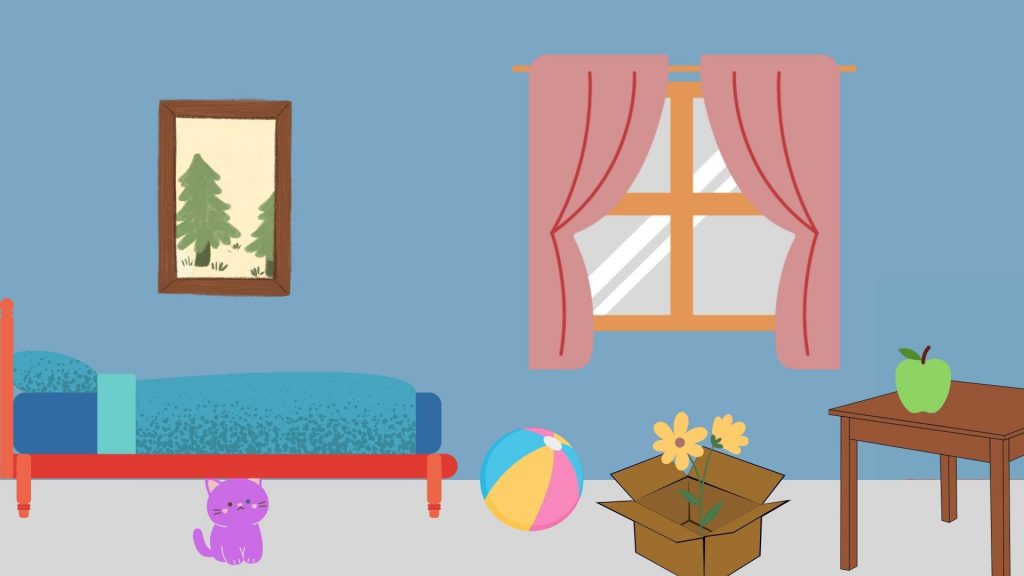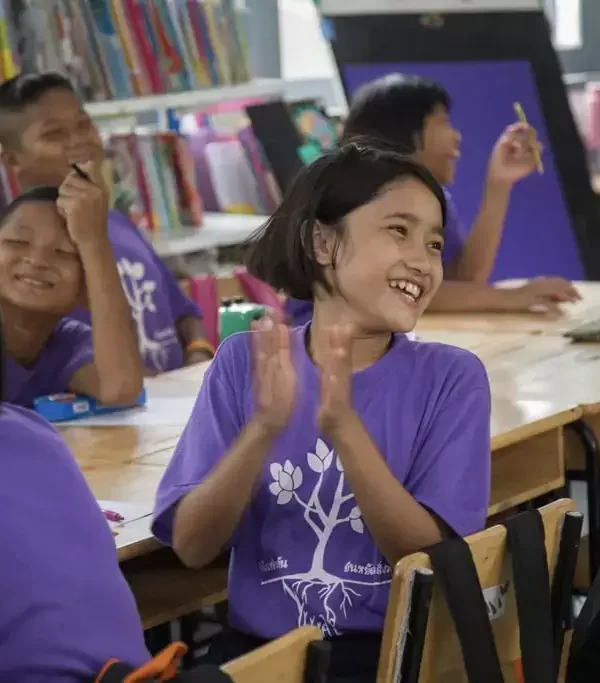This post will give you some great ideas for ESL games you can use in the classroom. IVI have teaching projects in every country, and they are some of our most popular. The children are often eager to learn and very excitable!
First up, what’s the difference between ESL, TESL, TEFl, and TESOL?
You may have seen these terms flying around but what to they actually mean? Here is a quick breakdown…
• TEFL – Teaching English as a Foreign Language. This means teaching English in a foreign country, where English is not the main language. This would be what our projects would be, so for example, teaching English to kids in Cambodia.
• TESL & ESL – Teaching English as a Second Language, or just English as a Second Language. These two are really the same, and mean teaching English to non-native speakers, in countries where English is the main language. For example, teaching to a student who is from China, but living in Australia.
• TESOL – Teaching English to Speakers of Other Languages. This is a broad term that covers both TEFL and TESL.
The teaching of ESL and TEFL will vary slightly as the students will have different motives to learn, although many of the TEFL and ESL games are pretty similar, and the terms are often used interchangeably.
You do not need a TEFL certificate to volunteer with IVI, but some may find it helpful, especially if you are thinking about getting to paid to teach abroad. Take a look at our TESOL page for more info!
Tips for TEFL or ESL games
Luckily, there are tonnes of TEFL and ESL games examples on the internet, you are practically spoiled for choice! We recommend you do a bit of research and find some popular games in preparation for your volunteer trip.
• Search online, talk to TEFL teachers abroad via online forums, watch YouTube videos and buy/ borrow books on the matter. This will no doubt get you inspired and eager to start teaching!
• You might also want to ask ahead of time about the children’s ages and abilities. This information may not always be available however, and you may find yourself in the deep-end at times. The best way around this is to prepare a variety of activities for a range of abilities. Be sure to check how long the games will last and how long you will have to teach.
• Consider the best type of TEFL/ ESL games to use for what you aim to achieve. Is one game better used as a warm-up, or for a more in-depth lengthy activity. What do you want your students to get out of the activity, rather than it just being ‘fun’?
• Decide whether an activity is best performed in small groups, large groups, or the entire class. Make it fun and engaging, particularly for the younger kids. Anything that gets them moving, singing, shouting out words, etc, will be a hit.
• Make sure the games are simple to understand. You don’t want your students switching off before the game has even started, because they couldn’t understand how it worked.
• Using rewards, such as stickers is great to encourage your students, but don’t let it get too competitive. The main focus should be fun, and inclusive so all the students can join in.
• After class, evaluate how the game went. Did the students understand? Did they switch off or find it too hard? Can it be simplified? Or made harder, or more interesting?
Top TEFL & ESL games for the classroom
Ok, so here are a few TEFL/ ESL games you may want to use on your volunteer project…
Simon Says
Ahh, a classic! The younger children in particular love this game. This is great to use as a warm-up exercise to get the kids up and moving, and ready for learning. It can help with their listening skills, learning parts of the body, or doing actions, such as dancing.
How to play:
• You will play the part of Simon (or you can also get one of the kids to be Simon).
• You say “Simon Says” …. (And then do an action, like ‘Simon Says… jump up and down’).
• The children must copy you, but only when you say, “Simon Says,” first.
• You will then say something without the ‘Simon Says,’ such as (‘touch your nose’).
• If any of the children do that action, they must sit down, and are out of the game.
• You can be really silly with this game, don’t be afraid to look like a fool, the kids will find it hilarious!
Pictionary
This game can be used as a warm-up or as a closing game. The kids will get to practice their reading, and speaking of the words, and it can act like a test to see if they are learning the words, but it wont feel like a test to them!
How to play:
• Write several words down on bits of card, and place in a bowl.
• Split the class into two teams.
• Write the team names on the board (you could always ask the kids to think of a team name) and draw a line between them.
• Ask a child from the first team to pick out a word from the bowl and come to the board.
• They then have a set time to draw the word they have picked.
• Their teammates must guess the answer in the time limit given. If they get it right, they get 1 point.
• Do this for the second team, and then either switch back and forth until all the words have gone, or declare a team the winner once they reach 5, 10, points etc.
Bingo
A fun one, which will work for most ages (keep it super simple for young kids). This can help test the students on their listening skills and how much they have learnt in class.
How to play:
• First, you will need a set of bingo cards, which you can find for free on the internet or make your own. This can be a grid of 5×5, 8×8, squares, etc (depending on the class level).
• Each grid of squares will show either images, words, or phrases. Remember to change up each grid with different images or words, so each student doesn’t have an identical copy.
• You will then shout out the word or image, and the students have to find the image on their grid. If they do, they will either mark a cross, or put a counter on top of that square.
• The first student to find all the grids on their card, will yell out “BINGO”, and is the winner.
Speaking Bingo (find someone who…)
This game is a version of the tradition bingo game described above, and would work well with older students, teens, and even adults. This is a more active game and gets students walking around and talking to each other, practicing their speaking, reading, and writing skills.
How to play:
• Create (or find online) bingo cards like the previous game, but this time you will write on the grid’s things like ‘find someone who likes dancing,’ ‘find someone who wants to be a doctor,’ etc. This can be on all kinds of topics, base it on what you are learning in class.
• You can also leave the grids blank and have the children write down the question, or think of their own, based on a subject.
• The students will then walk around the room, talking to each other and finding answers to the questions. For example, the card might say ‘find someone who likes bananas’. The students will ask each other ‘do you like bananas?.’ When they find someone who says yes, they will write that person’s name down on the grid.
• The winner is the first to complete the card and will yell out “BINGO!.”
Flashcards
There are so many games you can play with flashcards, and the younger kids love them. They can be used to practice speaking and grammar. Here are two games, one for the younger ones, and one for older or more intermediate level.
Younger/ beginner
• Have a set of flashcards, which can be pictures or words. Colourful pictures are best with very young kids.
• Hold out the flashcards, one by one, in front of the class. The children need to shout of the name of the picture or word.
• The first student to shout the right answer gets to keep that flashcard.
• Keep going until all the flashcards have run out.
• Count how many flashcards the kids have; the winner is the one with the most.
Older/ intermediate
• Have a set of flashcards of images or words.
• Nominate a student or have them put their hands up. The student needs to come up with a phrase from the image or word.
• For example, practising tenses, you could ask the students to come up with a sentence in the tense you choose. So, if you tell them ‘Future tense,’ and the flashcard is of a book, the student might say “I will read my book tomorrow.”
• If the sentence is grammatically correct, they get a point.
• The winner is the person who has the most points, either after the flashcards have run out, or the time is up. Keep this exercise around 10 minutes to keep the student’s attention.
The Right Verb
This game will get the children to practice their grammar and tenses. If you have been teaching the students about the present tense, then use this game as an assessment of how much they have learnt. You can change the sentences to practice past and future tenses.
How to play:
• Write on the board (or create a worksheet as homework) a list of sentences which have a choice of the present tense and an incorrect option. This might look like…
1. I like to dance/dancing after school.
2. I eats/eat breakfast in the morning.
3. I walk/walks to school.
• Read each question, and either go around the class and ask individual students for the answers or have them shout out the answers.
What’s Missing?
This is great for kindergarten children and is a fun way for them to practice speaking new words. This can be used for all sorts of topics, such as colours, classroom objects, hobbies, alphabet letters, etc.
How to play:
• Stick around 6-8 flashcards on the board. Colourful images work best, or maybe even a single letter (if they are learning the alphabet).
• Point to each card saying the word and get the kids to repeat the word.
• Now get them to either close their eyes, or stand up and turn around, while you remove one card.
• Now get the students to turn around and guess which card is missing.
• When one of the students guesses the right missing card, they can then come to the front and pick the next card to remove.
Snowball Fight
This is a fun game for more beginner to intermediate levels and will work for teenagers as well. This is a great game to practice reading, writing, and speaking.
How to play:
• Give each student a photocopy of a list of around 5 questions. This can be something about the student such as…
1. How old are you?
2. Favourite food
3. Favourite hobby
4. Least favourite subject at school
5. Favourite colour
• The students will write down their answers and then screw up the paper into a ball.
• Get them into a circle and then say, “snowball fight!.”
• The students have around 30 seconds to throw the pieces of paper at each other, so they get mixed up.
• Then ask them to pick up a random paper ball from the floor. They will then need to go around the room, asking questions to each other, to find out who the owner of the paper is. The winner is the first person to find the student who wrote the paper.
• Alternatively, the students could write their names on the paper. The students will find the person who wrote on the paper and then stand in front of the class, next to that person. Reading from the paper they will turn other students answers into sentences. For example, they might say… “this is Jacob, he is 10 years old, his favourite food is…etc”.
Prepositions
This game practices prepositions of place, i.e., where objects are situated in relation to each other, such as ‘the apple is on the table,’ ‘the cat is under the bed,’ ‘the flower is in the box.’
How to play:
• Find a picture online, or create one yourself, where objects are in a room (make sure objects are underneath, on top of, next to each other.
• Show the students the image and they have a set time to memorise the scene. Keep the scene very basic for younger students.
• Then, take away the image and ask the students if they can remember where the objects were. You can ask them “where is the cat?.” Make sure they answer in the correct preposition.
• If this is too difficult, you can practice by keeping the image up on the board. For higher abilities, you can make the scene with more objects, or give them a shorter amount of time to memorise it.
Charades
You may already be familiar with this game, and it works great for all ages and abilities. This will keep the students engaged, and active. It can help them learn speaking and vocabulary skills, by acting out words and phrases.
How to play:
• Have some flashcards, or even just a simple sentence on cards (depending on the student’s level) and put them in a bowl or bag.
• Split the class into teams and write them on the board.
• Have a student, one, by one, from each team, pick out a card from the bowl.
• That student then has to act out this word or phrase, while their teammates guess the right answer. It could be simple, such as pictures of farmyard animals, or hobbies. Or it could be a phrase such as ‘you are thinking,’ ‘you are driving,’ ‘you are scared.’ Remember the children must have the reading ability for this one. Keep it to pictures for the younger kids.
• Set a time for the student to act out their card. If their team guesses the right answer within the time, their team gets 1 point.
• The team with the most points when the card run out is the winner.
Word Jumble
This is great to practice both spelling and sentence structure, and can be adapted for higher level learners, or kept super simple for the younger ones.
How to play:
• Write a sentence on the board but jumble a couple of the words around, so they are in the wrong order. For young beginners this may just be a sentence with three words, and for the older kids or higher abilities, you can make a longer sentence, and even include a word that is misspelled.
• Split the class into groups or pairs and have them guess the right order of the sentence. They could do this by simply talking to each other and raising their hand, or you could give each team a set of cards with the words on, for them to put back together. Once a team thinks they are done, they will put their hand up.
• The team will get 1 point for each correct answer, and the winning team is the one with the most points when the time has run out.
We hope this has given you a good starting point for some TEFL and ESL games for teaching overseas. There are so many fun games to play, find some that you think will work for you!
Check out all our projects working with children.
 Involvement Volunteers International
Involvement Volunteers International 



